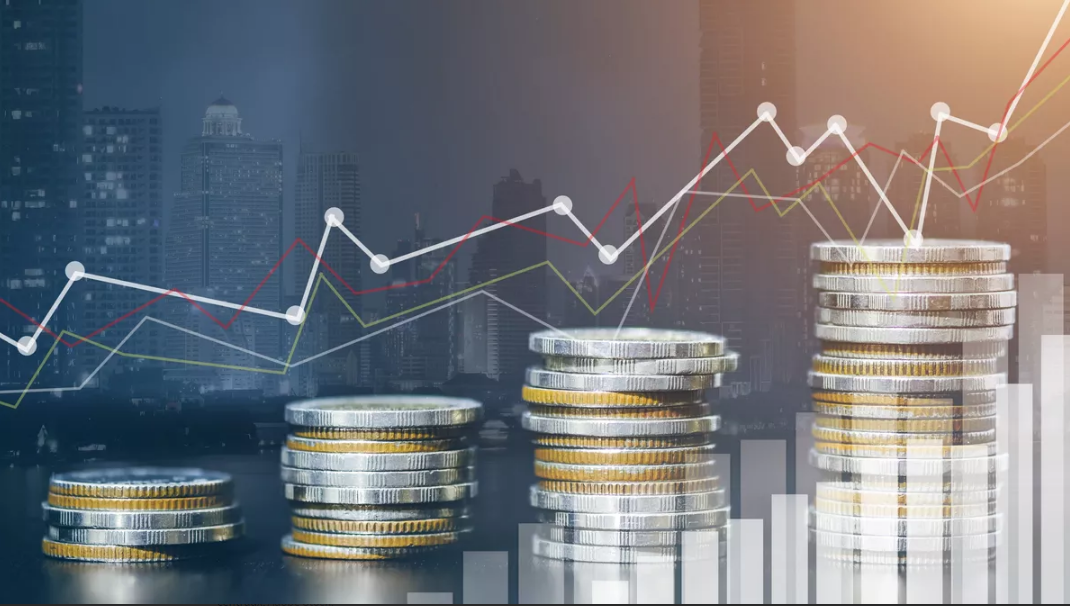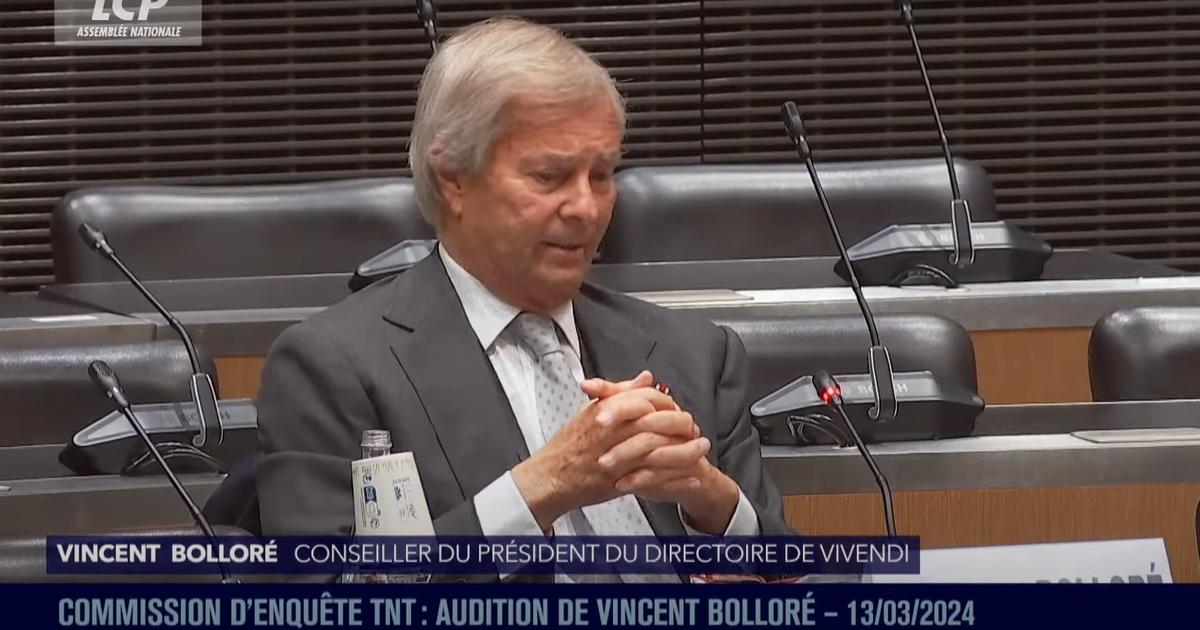Sébastien Laye is an entrepreneur and director of economic studies at the Thomas More Institute.
Until the end of 2021, the global and French economic scenario seemed clear: after having approached the abyss in 2020 due to forced confinements following the pandemic (-8% growth in France for example), and experienced a strong recovery technical in 2021 (almost 7% in France in fine), our economy should stabilize in 2022, continuing the momentum of the post-Covid technical rebound.
However, this was not the case, largely due to mistakes in economic policy.
The original sin dates precisely from mid-2021, when instead of shifting the measures to support the economy, our leaders were stubborn and for a long time denied the possibility of galloping inflation (and not inflation contained to less of 2% in the 2020s despite the 2008 post-crisis interventions): thus in 2022, when inflation appeared (which can be assessed today at 7% on an annualized basis), not only had France never put end to the exceptional measures of the Covid (more than 100 billion in PGE, partial unemployment and direct aid), but it will establish a new doctrine in the face of inflation: whatever it costs.
Tariff shields and subsidies punctuated the year 2022, budgeting 1 to 2% of
inflation (which at 7% despite everything remains high…) and costing more than 50 billion euros.
This will be the great economic and social fact of 2022: the unleashing of inflation (15 to 20% in food, much more for energy, etc.), the purchasing power crisis, the shift of many French people into poverty.
This esoteric debate on the Philips curve, inflation and monetary policy, which only interested economists on New Year's Eve last year, will have had dramatic consequences for the French in 2022.
the tipping of many French people into poverty.
This esoteric debate on the Philips curve, inflation and monetary policy, which only interested economists on New Year's Eve last year, will have had dramatic consequences for the French in 2022.
the tipping of many French people into poverty.
This esoteric debate on the Philips curve, inflation and monetary policy, which only interested economists on New Year's Eve last year, will have had dramatic consequences for the French in 2022.
We must start reducing our deficits and our public spending.
It is realism that commands us, not some philosophy of austerity.
Sebastien Laye
Expected at 4% at the end of 2021, growth in 2022 should ultimately barely exceed 2%.
To curb inflation, the rise in interest rates began in March in the United States, this summer and more timidly in Europe.
Our 2022 budget, voted with this outdated growth forecast, should end up with a 4 to 5% deficit.
2023 presents itself as a balancing act for our public finances: still voted in large deficit, our budget forecast growth of 1% for 2023 .
Today, the consensus of economists for 2023 is as follows: global growth at just over 2.5% among the weakest in thirty years, stagnation or modest growth in the United States, and a slight recession for the Europe.
France will oscillate between the Banque de France's latest forecasts (at best +0.6%) and a slight decline in activity as indicated by the industrial PMI indices, for example.
The rise in rates should continue until September if we really want to bring inflation below 3%;
it is in 2023 that the price to pay begins to manifest itself, since it will quickly be necessary to find 5 billion more for the service of the debt, and this while the promises of support for purchasing power have multiplied.
We will therefore have to tell the truth to the French: the fight against inflation lies in monetary policy, but we cannot have budgetary laxity alongside monetary tightening: we are going to end with and the negative impact of increases in rate and continued inflation fueled by government spending.
We must start reducing our deficits and our public spending.
It is realism that commands us,
On the notebook, the economist would write for the pupil that is France:
“can do better, must not fall asleep and procrastinate, otherwise risk of dropping out”
.
Sebastien Laye
The financial markets, very shaken in 2022 by the rises in interest rates, have not yet fully integrated this risk of stagnation and poor corporate results: if the Cac 40 lost 10% in 2022, a year almost similar likely awaits, with a fall low of at least 15%.
But it is the private markets, which take longer to react to the rise in interest rates and the difficulties of purchasing power, which will be mainly impacted in 2023: in 2022, only Parisian real estate has started to decline (especially in the fourth quarter ), but in 2023 the decline will be general, from -5% to -10% depending on the region and the type of property.
We should also expect similar declines on the private equity market, and even more on technology start-ups, at least in the spring.
Read alsoBertille Bayart: “Can we beat the economic cycle?”
The only good news in this recessionary context should concern unemployment.
Admittedly, the economic forces will rather push towards an increase in layoffs, but the structural trends (tension on certain professions, cohorts of potential unemployed people put in training, significant cash flow of large companies, demography) mean that during this recessionary episode, unemployment should remain below 8.5%.
Despite this gloomy context for macroeconomics and finance, innovation should continue its inevitable march: beyond financing, technology companies are not in retreat, innovations, including in France, are multiplying in artificial intelligence, cleantechs, metaverse and cryptocurrencies (whose rebound will begin in 2023): the first real deployments of the France 2030 plan under the aegis of Bruno Bonnel should spread at precisely the right time.
Finally, 2023 will be the year of pension reform, as the president announced in his wishes: a reform certainly necessary, but not sufficient, and above all not structuring.
On the notebook, the economist would write for the student that is France:
“can do better, must not fall asleep and procrastinate, otherwise risk of dropping out”
.









